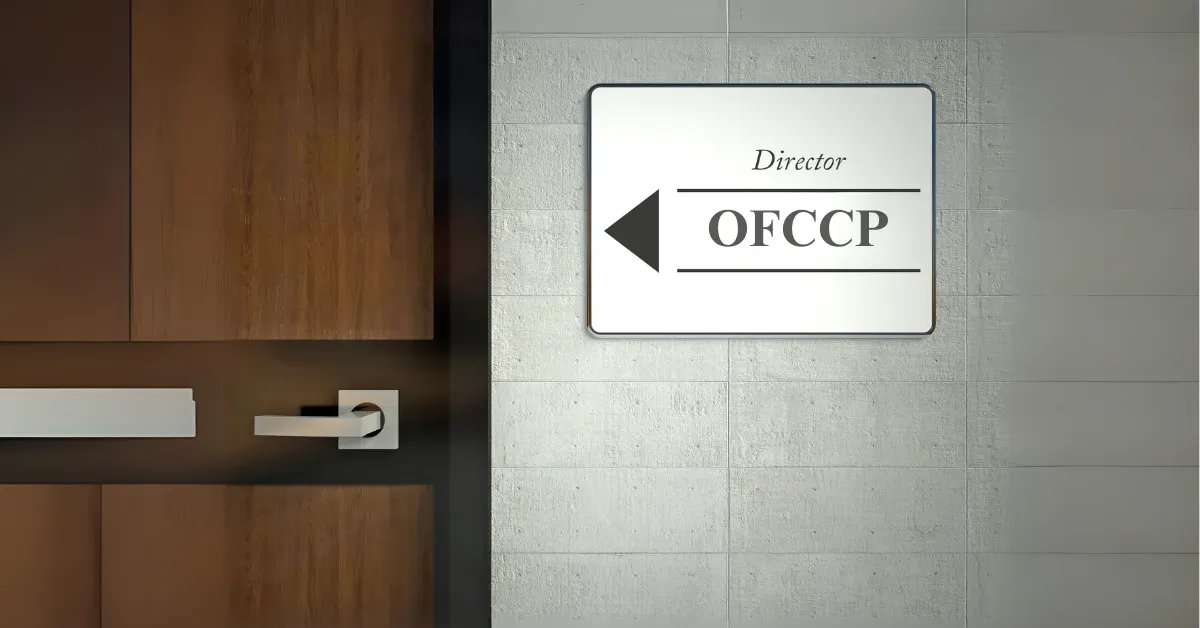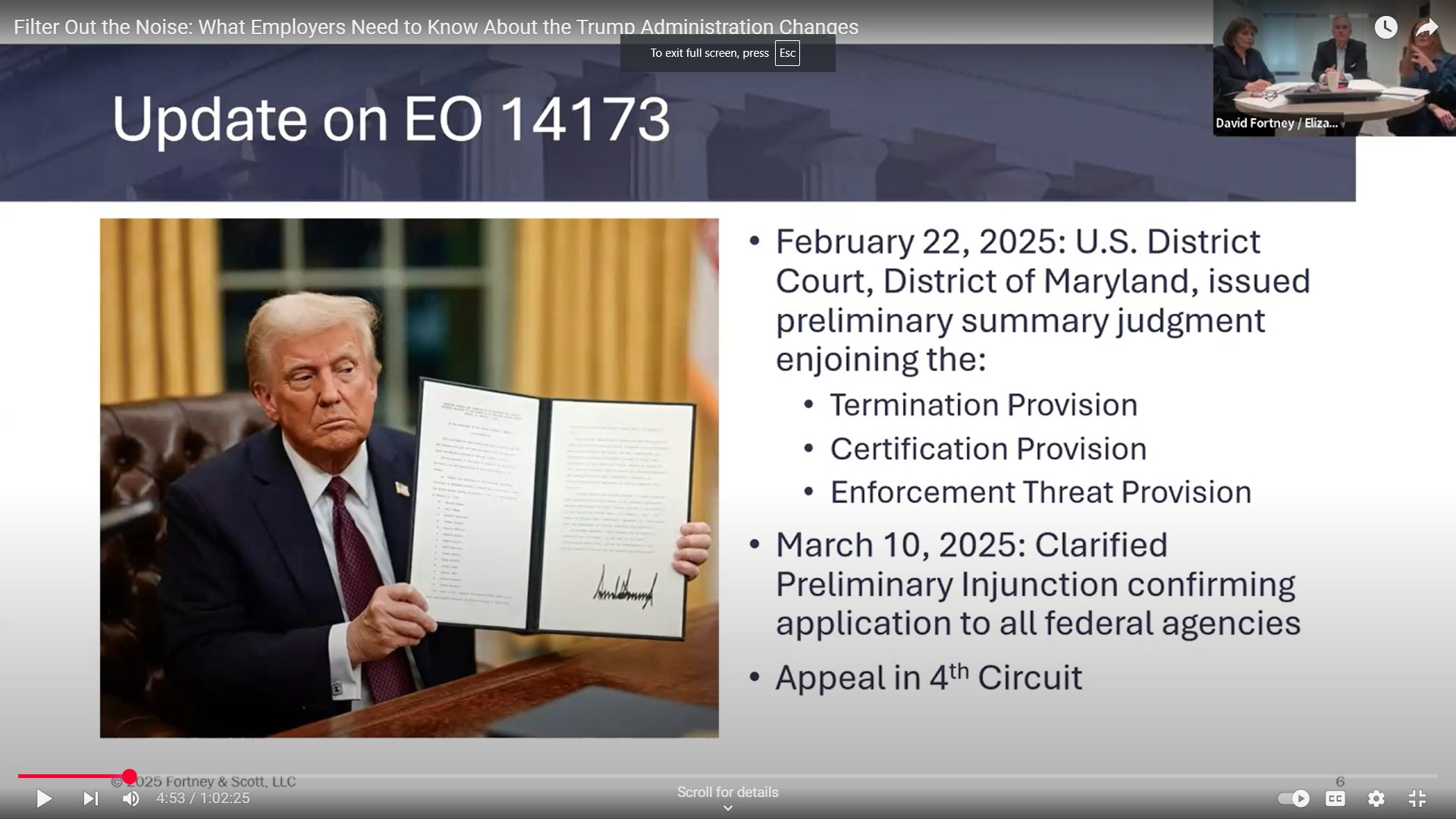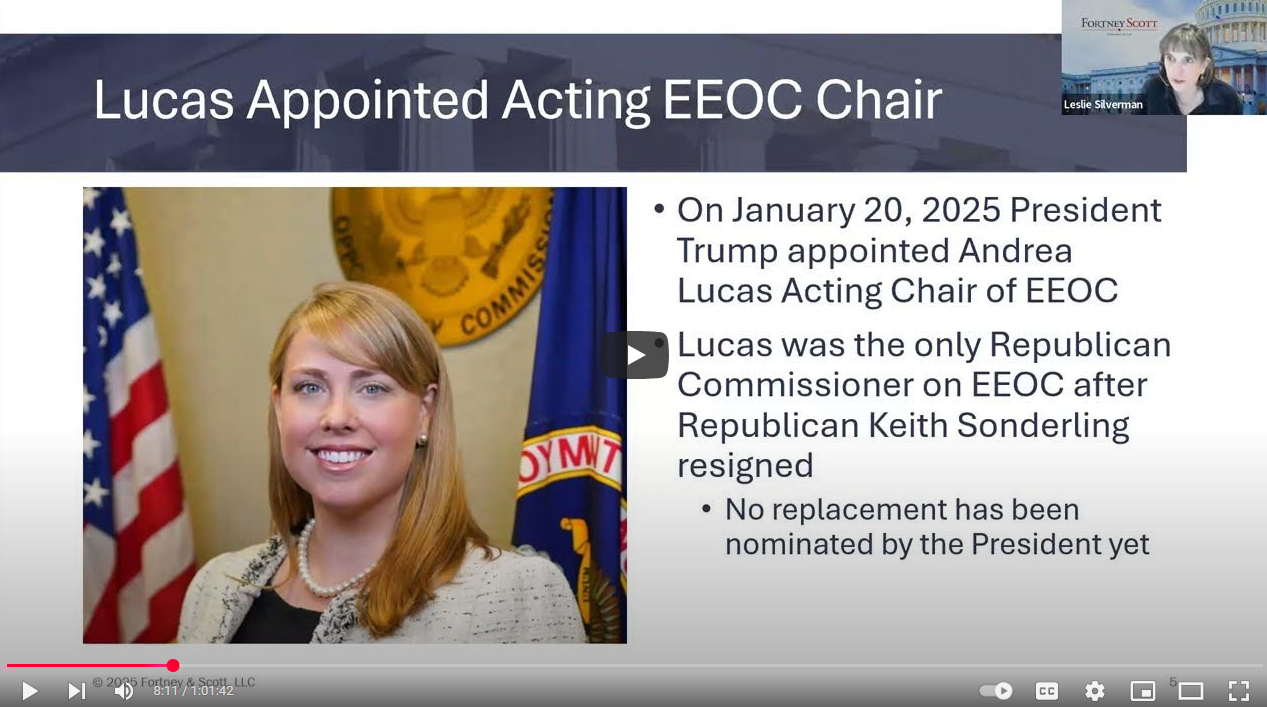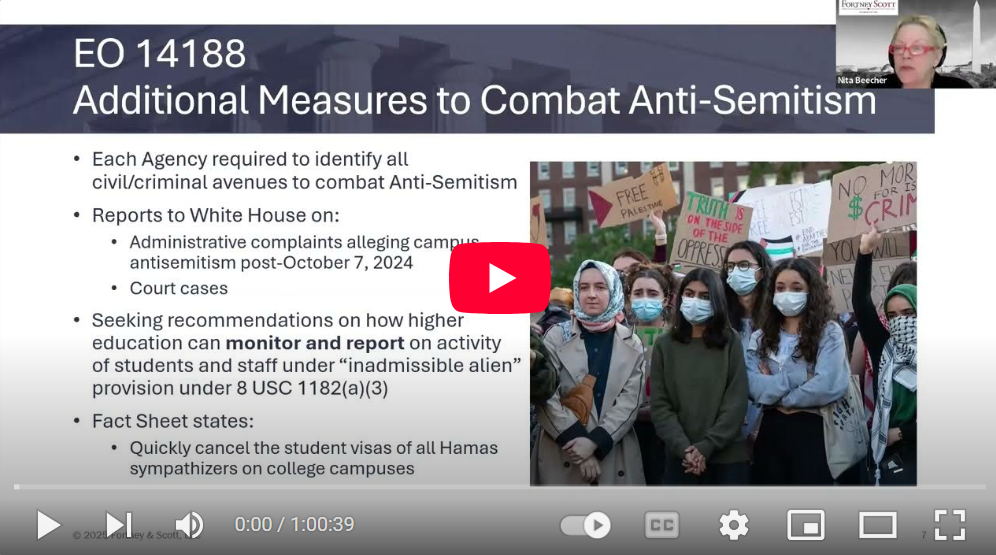New Pay Transparency Laws Soon to Go into Effect in the District of Columbia and Maryland
Across the country many states are passing wage transparency laws that require the disclosure of wage or salary ranges in job postings. The District of Columbia and Maryland are no exception to the trend.
On January 12, 2024, District of Columbia Mayor Muriel Bowser signed into law the Wage Transparency Omnibus Amendment Act of 2023 (B25-0194), which will take effect on June 30, 2024. Similarly, the Maryland General Assembly passed an amendment (SB 525) to its Equal Pay for Equal Work statute that was signed by Governor Moore in April and will take effect on October 1, 2024. Both laws mandate inclusion of wage/salary information in job postings along with other requirements. Employers should begin efforts to comply with these laws immediately to avoid last-minute challenges.
Below are key features of both laws.
Key features of the
District of Columbia law include:
- Scope. Applies to all employers with at least one employee in the District of Columbia.
- Job Postings. Requires employers to “[p]rovide the minimum and maximum projected salary or hourly pay in all job listings and position descriptions advertised . . . . that the employer in good faith believes at the time of the posting it would pay for the advertised job, promotion, or transfer opportunity.”
- Wage History. Prohibits employers from inquiring about a prospective employee’s wage history or from screening employees based on wage history. Employers are also prohibited from seeking that information from a prior employer.
- Healthcare Benefits. Requires employers to provide information about any healthcare benefits before interviewing applicants.
- Notice. Requires employers to post a notice informing employees of their rights under the Act in a “conspicuous place in at least one location where employees congregate.”
- Enforcement. Authorizes the mayor to assess a civil fine of $1,000 for the first violation, $5,000 for the second violation, and $20,000 for each subsequent violation. Authorizes the D.C. Attorney General to bring a civil action for attorney’s fees and costs and “[s]tatutory penalties equal to any administrative penalties provided by law.” There is no private right of action.
Key features of the
Maryland law include:
- Scope. Applies to positions performed “at least in part” in Maryland. This includes postings by employers and any third parties recruiting applicants on the employer’s behalf.
- Job Postings. Requires employers to “disclose in each public or internal posting for each position the wage range and general description of benefits and any other compensation offered for the position . . . .” The wage range must be set “in good faith.”
- Optional Form. Requires the Maryland Commissioner of Labor and Industry to make an optional form available for employers to adopt to comply with the wage/salary range posting obligations.
- Recordkeeping. Requires employers to keep records of their compliance with the posting obligations for three years after the position is filled or if not filled, three years after the position was initially posted.
- Enforcement. Authorizes the Maryland Commissioner of Labor and Industry to “issue a letter to the employer compelling compliance” for the first violation, a fine of up to $300 for the second violation, and a fine of up to $600 for each subsequent violation. Violations are based on each employee and applicant who does not receive the required information, not on the overall posting. There is no private right of action.
FortneyScott will continue to monitor these developments and provide updates as appropriate. Clients with questions can reach out to their FortneyScott attorney.















